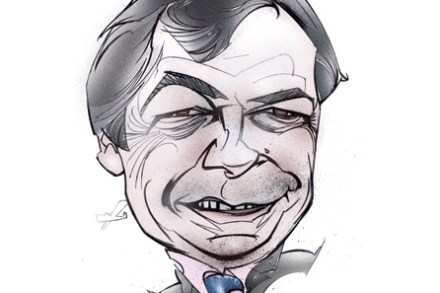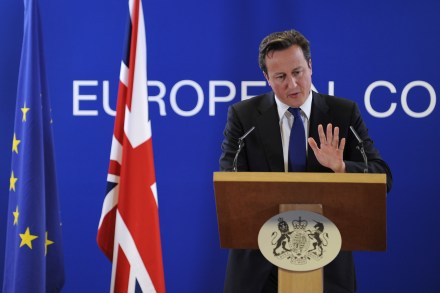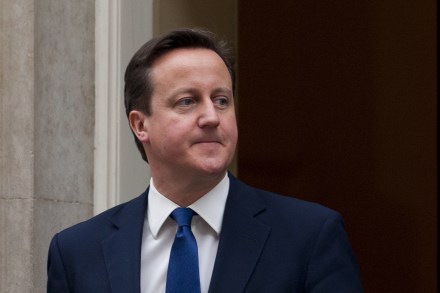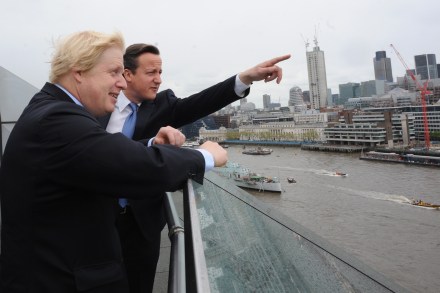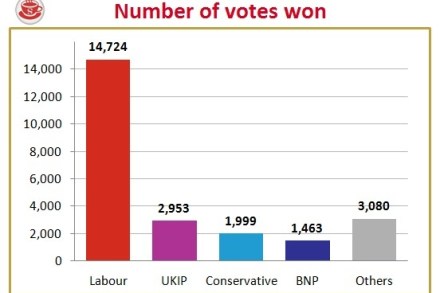What Farage’s offer means for David Cameron
Nigel Farage’s suggestion of joint UKIP / Tory candidates at the next general election is part serious offer, part mischief-making. Farage knows that if the polls stay the same this will be an appealing offer to Tory candidates. As one leading Eurosceptic Tory MP said to me when I put the idea to him, ‘the maths says is has got to be done.’ There are an increasingly large number of Tory MPs who fear that they can’t hold their seats unless they can win back the voters and activists who have gone over to UKIP. They will be attracted to the concept of an electoral alliance with UKIP. But the
